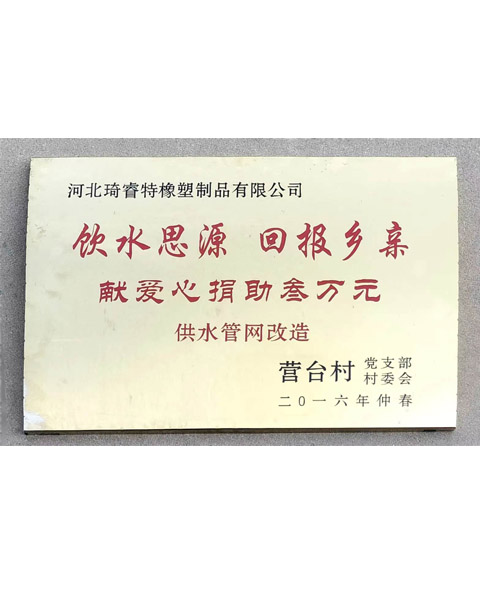Affordable Options for Pipe Connectors and Their Competitive Pricing for Your Projects
The Cost of Pipe Connectors An In-Depth Analysis
Pipe connectors play a crucial role in various industries, including plumbing, construction, and manufacturing. They are integral components that facilitate the joining of pipes, ensuring the efficient transport of liquids, gases, and other materials. The price of pipe connectors can vary widely based on various factors, including material type, size, brand, and application. In this article, we’ll explore the different aspects that influence the price of pipe connectors and offer insights on how to make informed purchasing decisions.
Material Types and Their Impact on Price
One of the most significant factors affecting the price of pipe connectors is the material from which they are made
. Common materials include plastic, brass, stainless steel, and copper.- Plastic connectors are generally the most affordable option, making them a popular choice for domestic plumbing and irrigation systems. Their lightweight nature and ease of installation contribute to their low cost, with prices often ranging from $0.50 to $5.00 per piece.
- Brass and copper connectors are more expensive due to the higher cost of raw materials and their superior durability and corrosion resistance. A brass connector can range from $2.00 to $15.00, while copper connectors typically start around $5.00 and can go beyond $20.00, depending on the complexity of the design and application.
- Stainless steel connectors provide excellent strength and resistance to rust and corrosion, making them suitable for high-pressure applications. However, their higher production costs are reflected in their prices, which can range from $10.00 to over $50.00 per connector.
Size and Compatibility Factors
pipe connector price

The size of the pipe connector is another critical factor influencing its price. Generally, larger connectors are more expensive due to the increased material costs and complexity of manufacturing. For instance, a standard ½-inch connector will be significantly cheaper than a 4-inch connector, which may require specialized fittings and can cost upwards of $100.
Moreover, compatibility with existing piping systems can also dictate prices. Some connectors are designed for specific brands or systems, which can limit options and increase costs. Custom or specialized connectors may also be available but at a premium.
Brand and Quality Considerations
Brand reputation often plays a role in the pricing of pipe connectors. Well-established companies with a history of producing high-quality products may charge more for their connectors due to brand value and perceived reliability. Investing in reputable brands can often lead to long-term savings, as higher quality products tend to last longer and require fewer replacements.
In contrast, lesser-known brands may offer lower prices, but they can also come with risks related to quality and durability. Therefore, when considering cost-effectiveness, it is essential to weigh the price against potential long-term performance and reliability.
Conclusion
In summary, the price of pipe connectors can vary widely, influenced by factors such as material type, size, brand, and specific application needs. Understanding these dynamics can help consumers and businesses make informed purchasing decisions. While it may be tempting to opt for the cheapest option available, considering the quality, compatibility, and long-term value of a connector can ultimately lead to greater savings and improved performance in the long run.
As industries evolve and new materials and technologies emerge, it is crucial to stay updated on market trends and innovations that can further impact the pricing and effectiveness of pipe connectors. Investing the time to research and select the right connector pays off – ensuring efficiency and reliability in any plumbing or piping system.
-
Ultimate Spiral Protection for Hoses & CablesNewsJun.26,2025
-
The Ultimate Quick-Connect Solutions for Every NeedNewsJun.26,2025
-
SAE J1401 Brake Hose: Reliable Choice for Safe BrakingNewsJun.26,2025
-
Reliable J2064 A/C Hoses for Real-World Cooling NeedsNewsJun.26,2025
-
Heavy-Duty Sewer Jetting Hoses Built to LastNewsJun.26,2025
-
Fix Power Steering Tube Leaks Fast – Durable & Affordable SolutionNewsJun.26,2025

